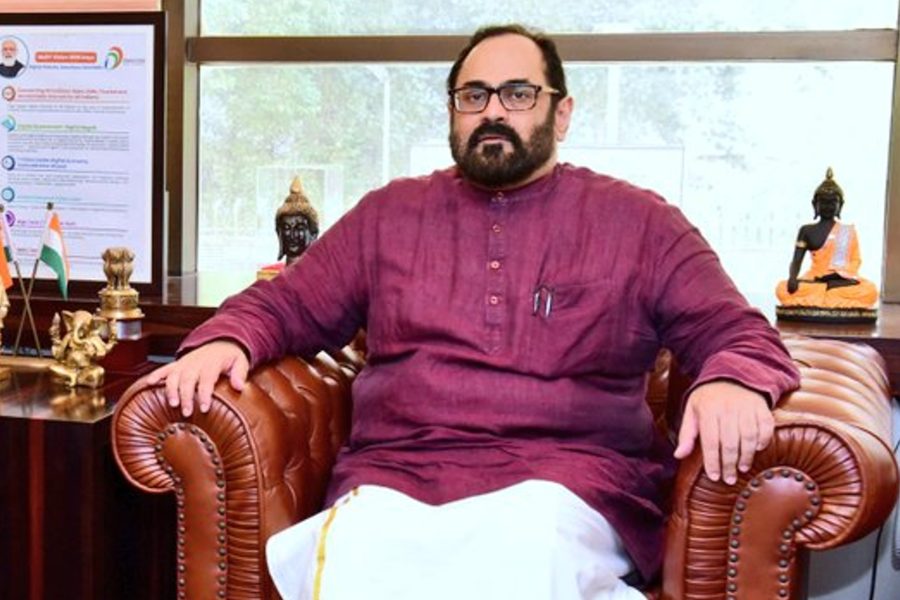
‘Safe Harbour’ clause in IT law under review by Centre
IT Minister Rajeev Chandrasekhar says Digital India Act will constitute a significant revamp of current cyberlaws in country

The Union government on Thursday (March 9) unveiled the Digital India Act, 2023, which aims to overhaul the outdated Information Technology Act, 2000.
Rajeev Chandrasekhar, Minister of State for Electronics and Information Technology, presented the changes during a conference in Bengaluru.
The government is reassessing the ‘safe harbour’ principle, which protects internet intermediaries from legal responsibility for content posted by third parties on their platforms. This principle allows social media platforms to avoid liability for user-generated content. However, regulations like the Information Technology (Intermediary Guidelines and Digital Media Ethics Code) Rules, 2021, have limited the scope of safe harbour by requiring platforms to remove posts under specific circumstances.
Also Read: All you need to know about Tata Tech IPO
According to Chandrasekhar, safe harbour’s applicability as a concept has evolved over time, and it now encompasses multiple types of participants and platforms on the internet that have different functional requirements. As a result, the government is proposing new guardrails and regulatory requirements for these platforms.
Social media platforms
During his presentation in Bengaluru, Chandrasekhar emphasised that constitutional protections for freedom of expression may now take precedence over social media platforms’ moderation policies. He stated that while fundamental speech rights cannot be violated by any platform, disinformation’s weaponization is not equivalent to free speech and must be addressed.
The Digital India Act will cover various aspects such as cybercrime, AI, deepfakes, competition issues among internet platforms, and data protection, according to the Minister. A draft Digital Personal Data Protection Bill was released last year and will be one of the four prongs of the Digital India Act, with the National Data Governance Policy, amendments to the Indian Penal Code, and rules formulated under the Digital India Act being the others.
Also Read: PhonePe fund-raise, bank hiring increase among top business news today
The Minister also stated that the new law would seek to address various new complex forms of user harms, including catfishing, doxxing, trolling, and phishing. He further revealed that an adjudicatory mechanism for criminal and civil offences committed online would be established, and an amendment to the Companies Act, 2002, might also be required.
The government will hold multiple rounds of consultations with the public and industry stakeholders before releasing a draft of the Digital India Act. Chandrasekhar acknowledged that the internet and the tech ecosystem have evolved significantly since the IT Act’s enactment in 2000, and extensive consultations are necessary to ensure the proposed legislation’s effectiveness.
Also Read: India shows the way to world by bringing cryptos under money laundering law
The Minister did not provide a timeline for when the draft would be introduced in Parliament, stating that the consultation process would take as long as necessary.
(With agency inputs)


